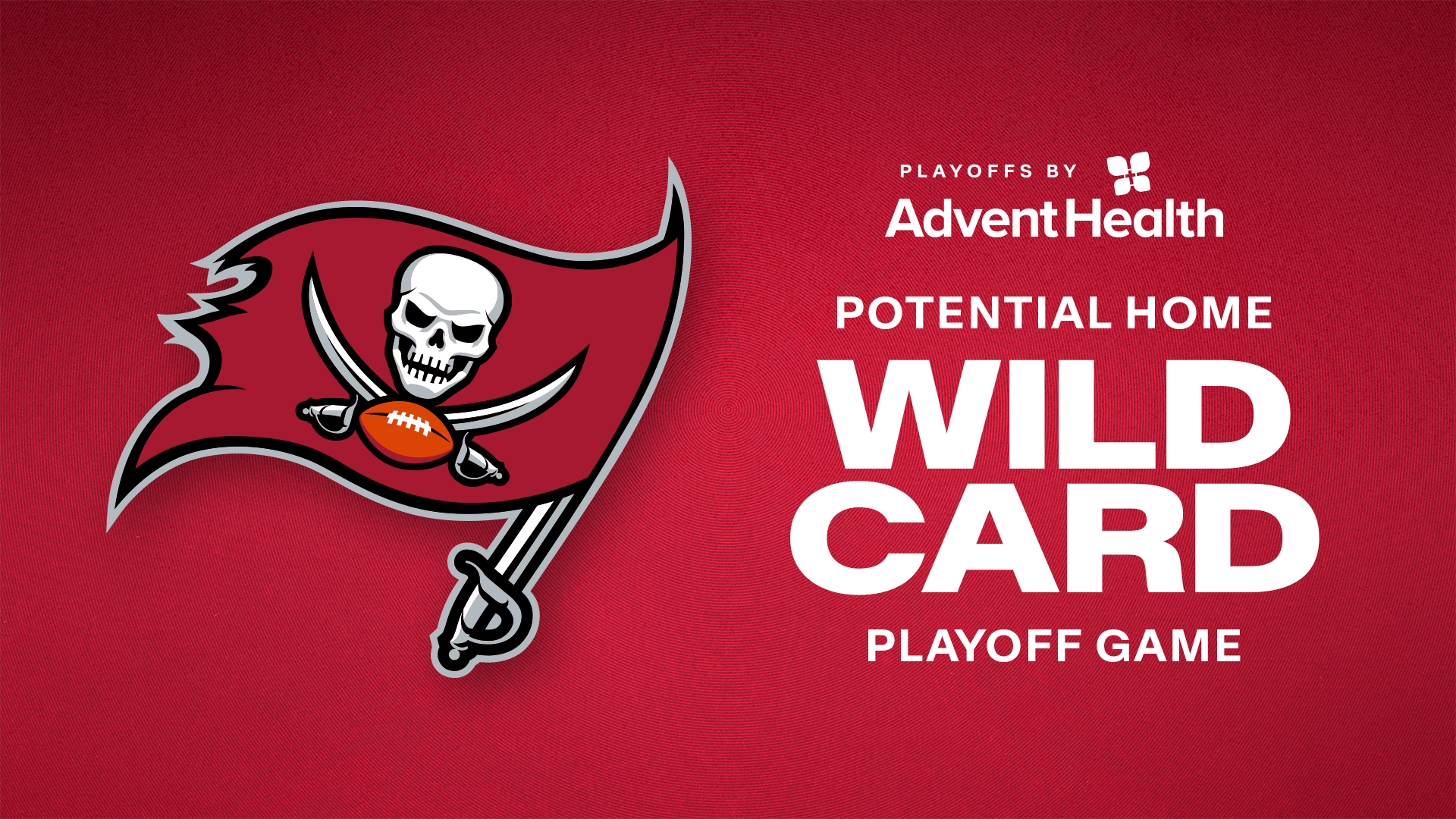WR Keenan McCardell let the students know that you can change your mind during college as long as you continue to work hard
In their chosen profession, football players are generally measured by size and speed, then judged by their stats. The average NFL fan may know where his favorite player went to college and what he accomplished on the gridiron there, but probably not what his field of study was at that institution.
All of that is fine, of course, but it does tend to obscure the fact that NFL football is a fairly cerebral sport. It requires hours of classroom study each week and quick thinking on the field each weekend. Thus, it's not terribly surprising to learn that a full 30 of the Tampa Bay Buccaneers' current players have their college degrees.
In turn, this made a group of Buccaneers the perfect ambassadors for education at Tuesday's annual NFL/United Way Hometown Huddle. At this event held at the Pinellas Park Boys & Girls Club, one of the most important community activities the team does each year, four college-graduate Buccaneers spoke at length with a group of teenagers regarding the importance of education and its lasting impact on a person's life. At the same time, they may have helped to dispel a few stereotypes about NFL players.
"With football, we have the greatest platform to talk to the kids," said TE Casey Crawford, graduate of the University of Virginia. "They respect the fact that you're an athlete, but the message that we really want to communicate is that academics and education is what's really going to make you successful. Athletics is something you enjoy and sometimes can take you to the professional level, but the thing that is going to last and make you successful is having a solid education."
At the Pinellas Park Boys & Girls Club, the Buc players met with youth from the 61-C Teen Center, a youth-empowered facility created by teenagers for teenagers. On hand were Crawford, WR Reggie Barlow, QB Shaun King and WR Keenan McCardell. In small groups using honest talk, the Buccaneers delved into a variety of educational topics, allowing themselves to be completely upfront with the curious young men and women in their 'huddles.'
Throughout the players' two hours at the event, attentive students asked the basic questions, such as why each player chose his particular school or major. Above all, however, the question the students most wanted answered was: 'What is college really like?'
The players answered honestly, admitting that it could be difficult at times, but that there was also time for fun. After all, the players shared, "It can't all be work." That was balanced with caution, however, as the players also told stories of friends and teammates that had too much fun, didn't take their course work seriously and now don't have that degree on which to fall back.
"I'd been reading stories that the average career in the NFL is only two-and-a-half to three years," said Barlow, who went back to school during the off-season to complete his degree. "I figured at that time, I'd only be 26 or 27 and I'd have the rest of my life ahead of me, so I knew I needed something to fall back on. Plus, I had promised my mom, and myself, that I would go back. I also hate starting something and not finishing it."
During the event, the players rotated groups so that all of the students in attendance got a chance to hear about education from several different perspectives. As the first session was brought to a close and the second one was about to begin, however, the United Way and the Buccaneers also slipped in a special surprise.
Three students from the 61-C Teen Center were announced as winners of an essay contest, meaning they would receive a $1,000 scholarship to put toward their continued education. The overjoyed winners were Curtis Carro, Matthew Morton and Natalia Rosochowicz.
"We hope that the kids will see that it's not just about sports and athletics," said Douglas E. Weber, President and CEO of the United Way of Tampa Bay. "It's also about education and how important that is in life. They're going to get an opportunity to learn how some of the Buccaneers players arrived not only at the NFL, but at a place in their lives where they're prepared for other careers after the NFL."
Following the presentation, the students went back to gleaning experience from the visiting players. As Barlow discussed returning to school to get his degree, McCardell spoke about how he changed his major from hotel management to business management during his tenure at UNLV. The lesson: you can change your mind, but you must also continue to work hard.
"Education is something that you need to get throughout life," said McCardell. "If you want to better yourself, education is the way to get there. You learn a lot from going to college. I went to school to get my degree before playing football. My parents instilled that in me that you must go get your education first, before you can play football. Now that I've got my degree and I play football, once I finish playing football I can help myself get further along in the business world by already having my degree."
Having that degree, the players acknowledge, also brings a responsibility to represent their alma maters with pride and respect.
"I was excited about it," said Barlow, of earning his degree. "That was probably one of the most exciting moments of my life. To be able to walk across the stage and get my degree and graduate Cum Laude was very exciting for me. It means a lot to me."
The players' pride in their educational achievements was evident to the assembled students, and a lesson in itself.
"It just let me know that I have to stay focused and that college is fun," said 17 year-old junior Ellis Adams of Northeast High. "The thing that I will really take away is how the players stressed that you are the only one responsible for you and the decisions that you make."
As the Hometown Huddle came to a close, the Tampa Bay Buccaneers unveiled their 2002 Buccaneers Graduates poster, which features the 30 Buccaneer players, plus Head Coach Jon Gruden, who have received their degrees. As the students milled about at the end and collected autographs from the players, they also had an opportunity to discuss their futures with representatives from the University of South Florida, St. Petersburg College, the Hillsborough Technical Education Centers and the Army-National Guard.
"I thought it was a good opportunity to come out and just have a conversation with some of the kids that are aspiring to go on and do big and great things with their education," said King. "I just wanted to talk to them about the decisions and the choices that they're making now and how important those are to who they will become six or seven years from now."
In the end, a message was sent and for at least one student a stereotype was laid to rest.
"It showed me that even though you're a football player, you can have brains, which not a lot of people think of," said Ashleigh Chalifoux, of Seminole High School. "They were very intelligent and had a very good message: education is important."



































